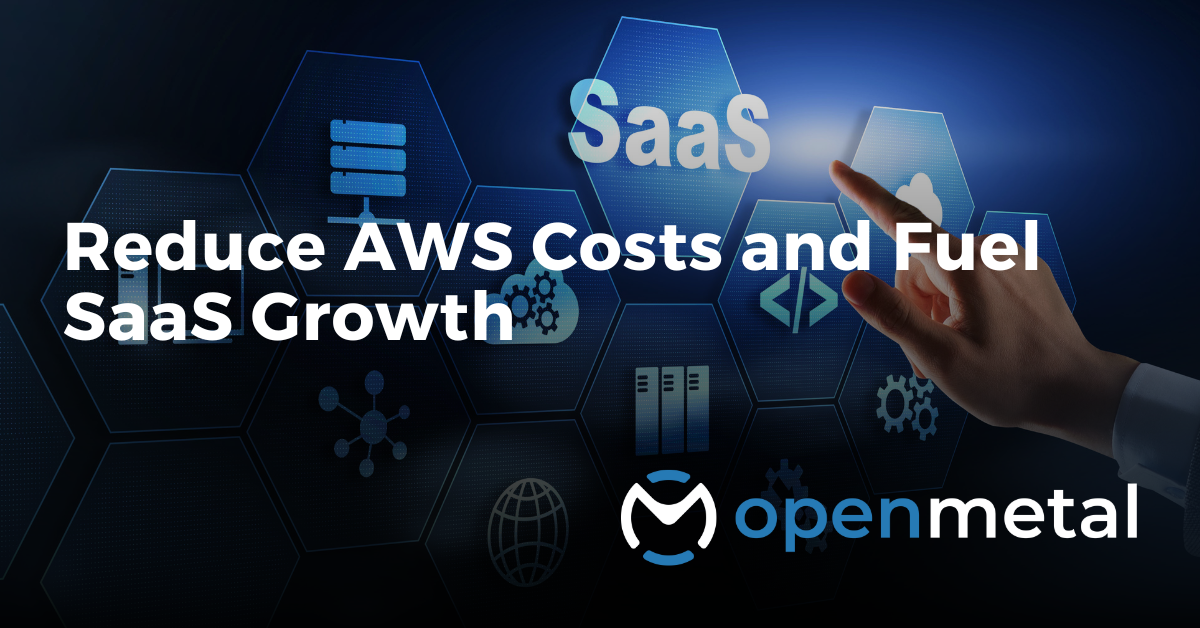Ready to dive into the world of cloud computing but not sure which cloud computing platform is best to learn? With the ever-increasing demand for cloud computing skills, a career in cloud computing is a safe bet, but the decision of which platform to learn can be overwhelming for anyone planning a career in cloud computing. In this article, I will compare AWS vs Azure vs GCP vs OpenStack and explore their pros and cons along with why you may want to pursue a career working on one of these cloud platforms.
Amazon Web Service (AWS), Microsoft Azure, Google Cloud Platform (GCP), and OpenStack are all popular cloud computing platforms that offer a wide range of services and products. Each has its own advantages and disadvantages when it comes to features, pricing, performance, scalability, and security. I will look at each platform in detail and help you decide which platform you may want to work on. But, keep in mind that we now live in a world where more companies are adopting a multi-cloud model, so you may not want to get certified in one platform.
Here’s why I decided to compare these platforms:
- Strong global presence: Many companies around the world use these cloud providers, making the demand for engineers high in most countries.
- Similar services: They are all technologies that will allow you to do the same things, though they may name their services differently. At the end of this article you will find a table that lets you know what each cloud platform calls their feature that provides you with each service.
Now while OpenStack is currently not as visible as these mega cloud providers, OpenStack is open source and is used by many large providers around the world behind the scenes. Marquee names like CERN and NASA to corporate giants like WalMart and T-Mobile all use OpenStack Clouds. In addition, its recent growth since 5G on OpenStack exploded plus Kubernetes integration would make it unwise to exclude from this comparison. OpenStack is making waves and currently on track to disrupt the entire cloud landscape; if you read to the end, you’ll understand why.
AWS Certification
Let’s start with the most popular cloud platform. AWS pretty much established the cloud scene and has since maintained its position as a key player in cloud computing. Being one of the oldest cloud providers, there has been time for the development of many AWS certification courses. In fact, AWS partners with many colleges on cloud computing courses.
Let’s look closer at the AWS platform:
Pros
- Leading Cloud Innovator.
- Broad Global Presence.
- Mature and Feature-rich Cloud Technologies.
- Good Documentations of Services.
- Extensive Training Materials.
Cons
- Complex Billing System.
- EC2 Limits – your service comes with volume, image, and snapshot limits.
- Proprietary Storage Solutions – makes it daunting to switch cloud providers.
- Ease of Use – often leads to clients experiencing bill shock.
Who is Using AWS
- Netflix
- Twitch
- Adobe
There are many skilled AWS engineers who have emerged from various AWS training programs. While it’s easy to follow trends, there’s always a pivot point where labor supply will soon meet or exceed demands, especially with heavy efforts from AWS grassroots campaigns.
High and unpredictable cloud bills are leading organizations to seek alternative cloud solutions. This can be seen as we look at AWS market share in 2022 which was 34%, down from 2021 where they had 38.9%, and further down from 2020 where they dominated the industry with a whopping 40.8%. It is quite popular now for companies to migrate from AWS to on-premise or to hosted private cloud.
You can bet that AWS having dominated the industry for so many years makes it a safe bet. But decline in market share and consistent increase in labor supply makes guaranteed competitive salaries questionable in your future. Currently AWS Cloud Architect is the highest paid job title in the industry.
GCP Certification
GCP certification is becoming increasingly popular among IT professionals as GCP grows in popularity. GCP is now the third largest cloud provider globally, mostly because of some limitations within the platform and region availability.
- Pros
- Live Migration Of Virtual Machines.
- Cheap Pricing Model.
- Strong Integration and Management of Google’s Technologies (Google APIs, Kubernetes).
- Cons
- Limited Product Range.
- Regional Restrictions for Data Storage.
- Limited Customization Options for GCP Products.
- Suite of Service Models are Often Unnecessary and Expensive.
- Who is Using GCP
- Target
- Bloomberg
- China Mobile
GCP currently holds 9% of the market share. But coming changes to take profitability more seriously and removing offerings of certain products such as Cloud IoT Core leave me uncertain on how much GCP will dominate the market in the foreseeable future.
Azure Certification
Azure certification is a great way to demonstrate your knowledge and skills in the cloud computing space. It is an industry-recognized certification that can help you stand out from the competition and open up new opportunities for career advancement.
- Pros
- Familiarity – provides an environment that is natural for Microsoft users.
- Ease of Integration with Other Microsoft Products.
- Ease of Use.
- Hybrid Cloud.
- Cons
- Costly Pricing Models.
- Complicated Interface.
- Poor Documentation of Services.
- Not Ideal for Multi-Cloud Setup – it is extremely difficult to migrate workloads off of Azure.
- Ease of Use – often leads to clients experiencing bill shock.
- Who is Using Azure
- eBay
- Boeing
- Samsung
Azure is known for its top-notch technologies but it often comes at high costs and with a steep learning curve. And in today’s world it can be unsettling to leave all your data with one cloud provider.
OpenStack Certification
OpenStack certification is becoming increasingly popular among IT professionals. With the high demand for OpenStack Engineers, having an OpenStack certification can give you an edge over other candidates. OpenStack is the often glossed over underdog in the cloud landscape, many mistakenly believe it is EOL or a thing of the past, but truth is OpenStack has never been more popular. Currently there’s over 40 million cores in production, more that 85% of which have Kubernetes deployed.
- Pros
- Open Source – no vendor lock in.
- Self Healing.
- Data Redundancy.
- Scalable.
- Easy to Learn (as a user/administrator).
- Cons
- High-Dynamic Range of Functions.
- Notable Companies that use OpenStack
- Adobe
- Walmart
- Target
- Bloomberg
- China Mobile
- Line
OpenStack is the most popular open source cloud computing platform available today and its use is vastly growing across the globe. The OpenStack savings are undeniable and many major corporations are using OpenStack in addition to the public cloud, so if you are working with a company that uses any of the public clouds you will likely have to work on OpenStack. You can use OpenStack as both a public and private cloud, and have access to root level configurations to maximize efficiencies of your cloud.
In conclusion, there are many perks to using any of the various cloud providers and that’s why multi-cloud solutions are becoming increasingly popular. According to Forbes, 90% of large organizations already deploy multi-cloud architectures.
If you want to build a strong resume and secure your position as a cloud engineer within your future organization, it is important that you are skilled in more than one cloud platform.
Ready to learn OpenStack? Here’s a complete collection of FREE resources you can use to learn about OpenStack, including tutorials from LearnLinuxTV and FreeCodeCamp!
Read More on the OpenMetal Blog

OpenStack is an open source platform composed of several independent components. These components interoperate with each other through Application Programming ….Read More

Alternative Clouds Blurring The Lines Between Public and Private Clouds
Learn about alternative cloud solutions that combine the best of both public and private clouds and give your business greater flexibility…Read More

What Are The Advantages Of Using OpenStack To Create A Cloud Environment?
For small and medium sized organizations, high cloud spend is not something they can afford. And as time has passed and OpenStack has evolved, the …. Read More




































